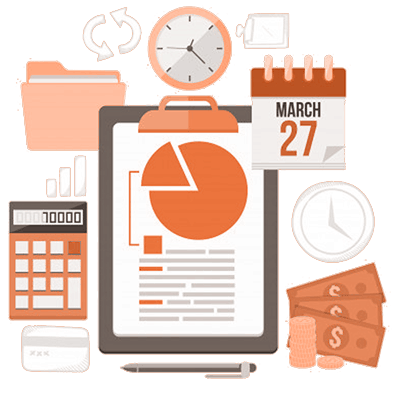How Much Can I Earn Before Paying Tax from 2023/2024? Tax Thresholds Explained
Everything you need to know about how will tax fresholds change in 2023/2024
Understanding the tax thresholds in the UK is essential for financial planning and managing your income effectively. In this blog post, we'll explore the UK's tax-free personal allowance, income tax bands, and other factors that may influence your tax liability. This information will help you determine how much you can earn before paying taxes and how to make the most of your tax allowances.
England and Northern Ireland Personal Allowance and Income Tax Bands for 2023/2024:
The tax-free personal allowance is the amount of income you can earn before you start paying income tax. For the 2023/2024 tax year, the standard personal allowance in the UK is £12,570. This means that you can earn up to £12,570 without paying any income tax.
Once your income exceeds the personal allowance, you'll be taxed according to the income tax bands:
- Basic rate (20%): Applies to income between £12,571 and £37,700.
- Higher rate (40%): Applies to income between £37,701 and £125,140.
- Additional rate (45%): Applies to income over £125,140.
Please note that these figures are subject to change and may be updated in future tax years.
Factors Affecting Your Personal Allowance:
Your personal allowance may be affected by various factors, such as:
- Age: In the past, the UK had a higher personal allowance for individuals aged 65 and over. However, this age-related allowance was phased out, and now everyone receives the same personal allowance regardless of age.
- Income: If your income exceeds £100,000, your personal allowance will be reduced by £1 for every £2 of income above £100,000. This means that if your income is £125,140 or more, you won't receive any personal allowance.
- Marriage Allowance: Married couples and civil partners may be eligible for the Marriage Allowance, which allows one partner to transfer up to 10% of their unused personal allowance to the other partner. This can help reduce the couple's overall tax liability.
- Blind Person's Allowance: If you are registered as blind or severely visually impaired, you may be eligible for the Blind Person's Allowance, which is an additional tax-free amount on top of the standard personal allowance.
National Insurance Contributions:
It's important to note that the personal allowance and income tax bands only apply to income tax. You may still be required to pay National Insurance contributions (NICs) on your earnings, even if you're below the income tax threshold. NICs are calculated based on your earnings and employment status and contribute to your state pension and other benefits.
To summarise:
Understanding how much you can earn before paying tax in the UK is crucial for managing your finances effectively. Keep in mind the personal allowance, income tax bands, and other factors that may affect your tax liability, and consider seeking professional advice if you're unsure about your tax obligations. By staying informed and proactive, you can make the most of your tax allowances and ensure you meet your financial goals.
Contact our experts about any Personal Allowance and Income Tax Bands related questions.
Alte articole de pe blog care v-ar putea interesa
- Self-Employed? Here’s What You Can Deduct in 2025
- Realizarea impozitului digital pentru impozitul pe venit (MTD pentru ITSA): Ce înseamnă și cum vă putem ajuta să vă conformați
- Ghid pentru a vă maximiza declarația de impozit din Marea Britanie pentru 2024/2025
- Termene, orientări și recomandări pentru depunerea declarației fiscale în Marea Britanie
- Late Tax Return Penalties and Appeals – What is it and how to deal with it?
- Cum să vă Înregistrați ca Lucrător Independent în Marea Britanie: Un Ghid Pas cu Pas
- Ghidul suprem pentru creditele ipotecare pentru lucrătorii independenți din Marea Britanie: Cum să navigați printre declarațiile fiscale, SA302 și multe altele
- Înregistrare CIS UK: Tot ce Trebuie să Știți Despre
- Înregistrarea și Anularea UTR: Ce Trebuie să Știți

